Is it OK not to have kids?
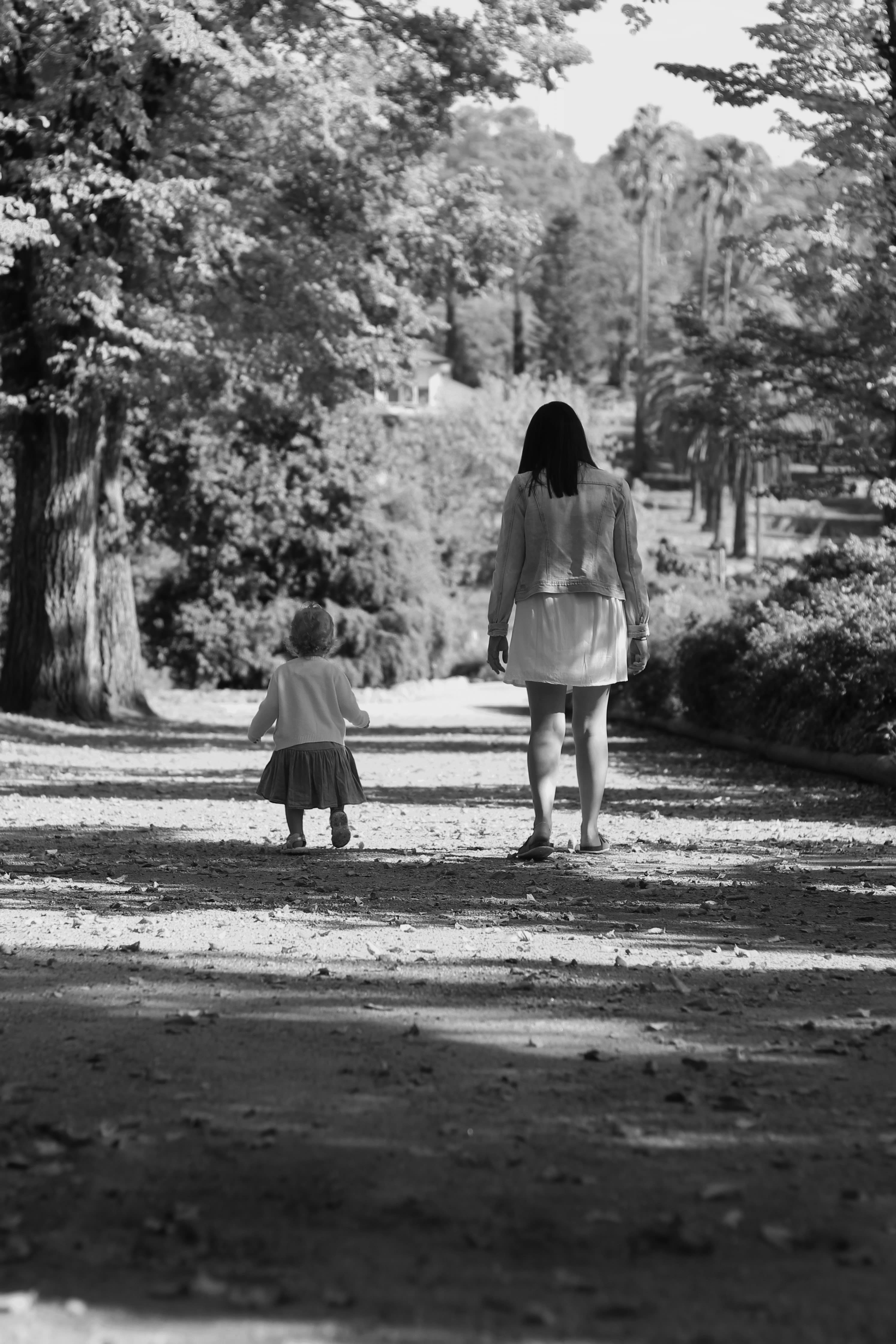
If I received a dollar every time someone said, ‘You’ll change your mind about having kids,’ I’d have enough money to savour smashed avo on toast every morning and rent a place in the heart of Sydney.
Why does this 'harmless' comment strike such a chord with many young people, including me? It's a reflection of a bigger conversation that has been evolving for some time now.
Our generation is reshaping the narrative around parenthood, driven by a complex blend of personal, environmental, and financial factors. The choice to embrace a child-free lifestyle isn't taken lightly, and it's time we explored the multitude of reasons behind it.
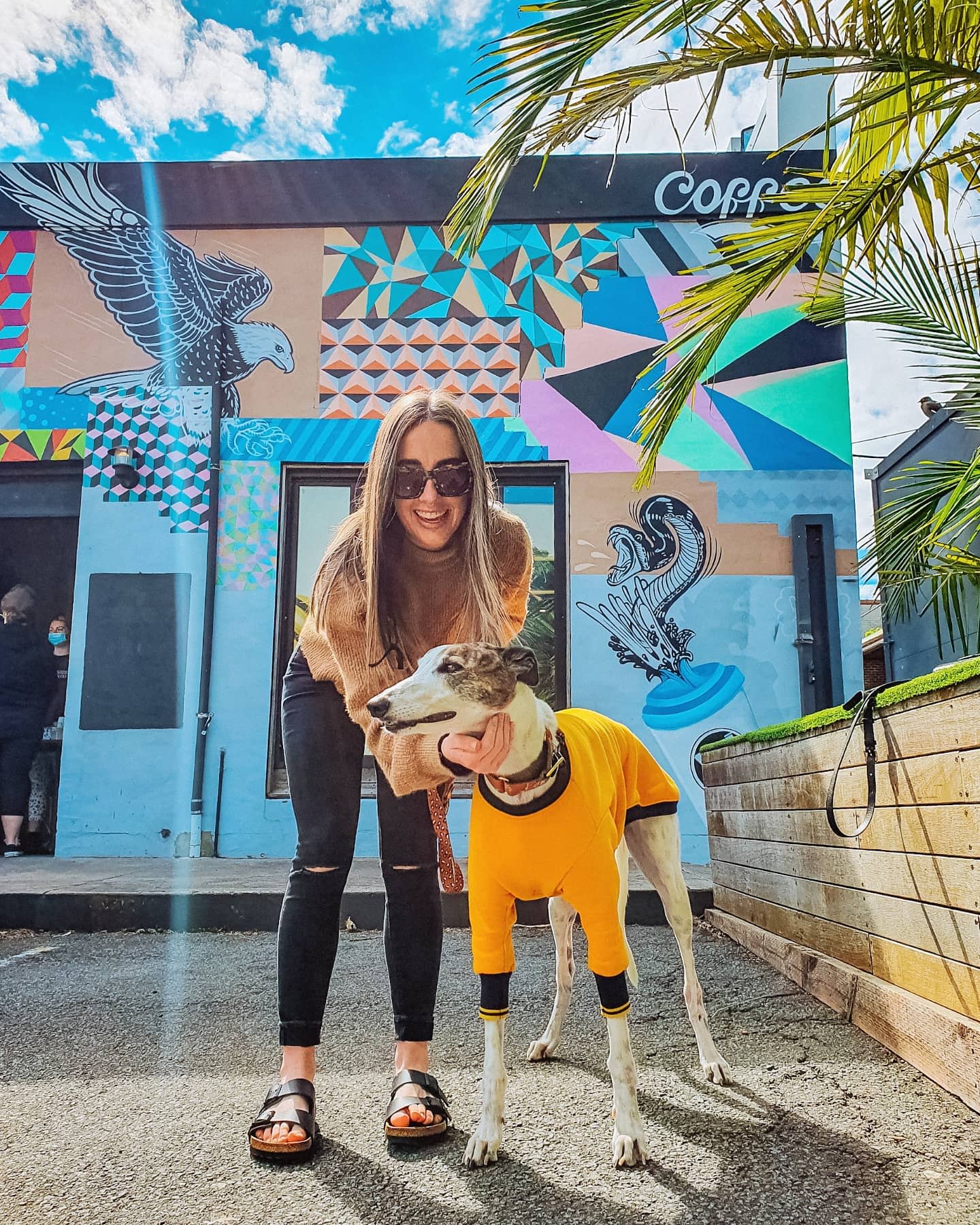
Is there something wrong with me?

For so long, I waited for the ‘aha’ moment to hit me that would let me know I was ready to start thinking about my parenthood journey.
Speaking to many friends over the years, I realised I wasn’t alone in my thinking. There was a common theme among younger people who weren’t just choosing to remain child-free but were questioning and challenging the outdated relationship expectations in society.
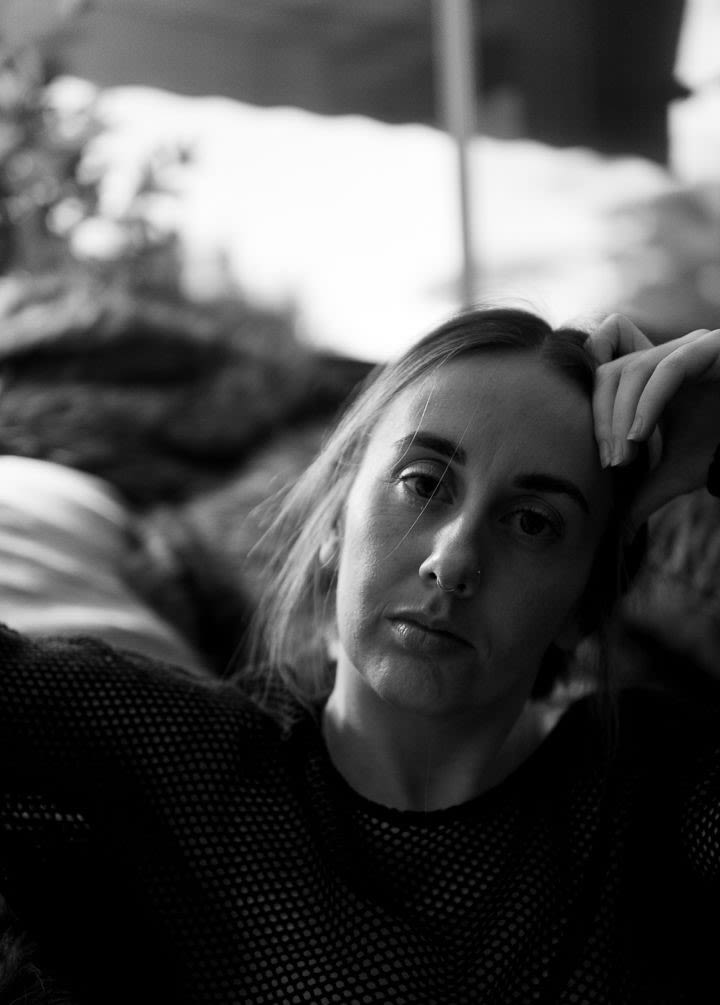
Growing up, being queer, and parenthood
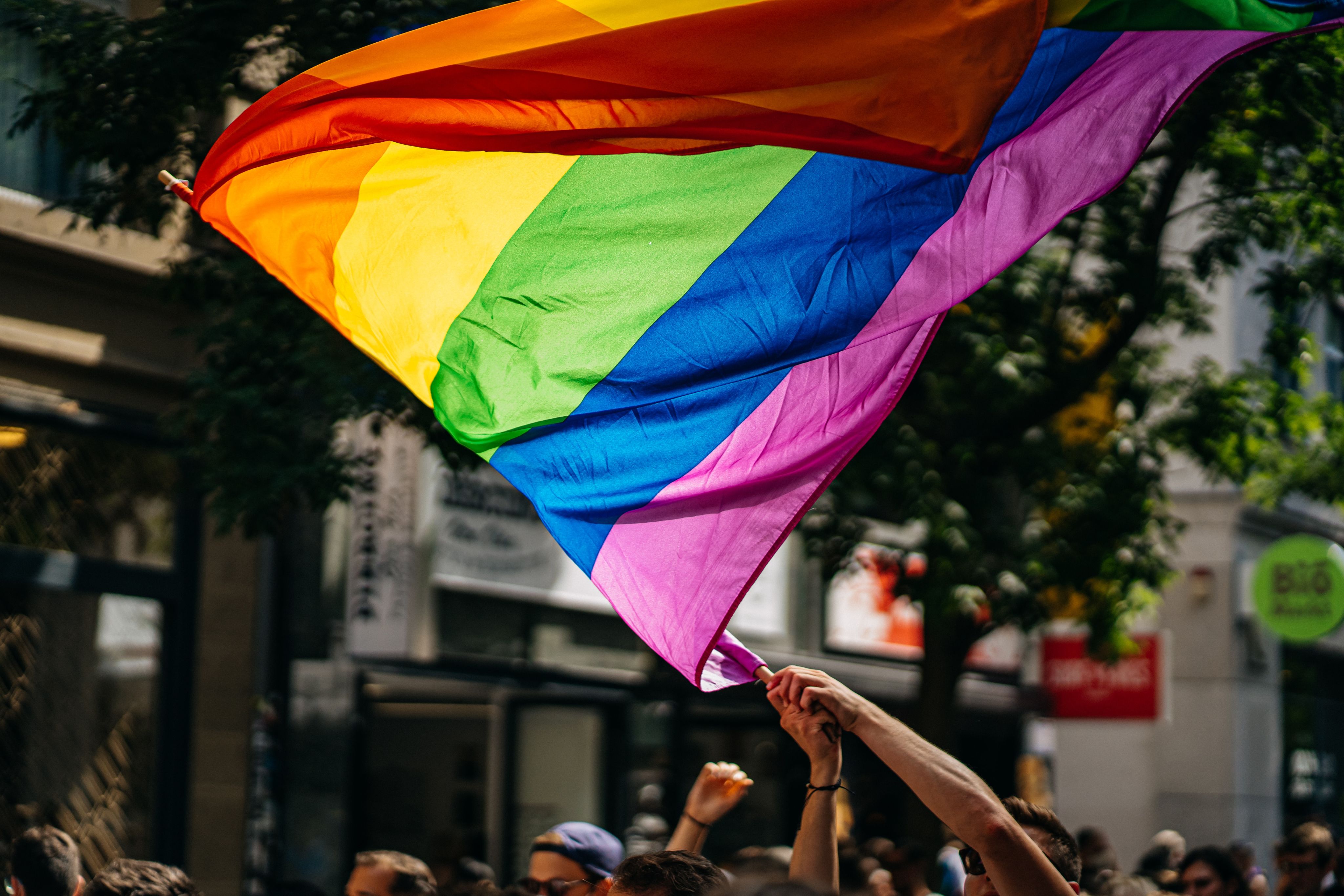
Alexandria McNeil and I attended high school together in our hometown of Wodonga, located on the Victorian side of the Murray River. Now living with her girlfriend Sharlene in Melbourne, Alex is just one of many friends choosing to remain child-free.
Born into a straight family with sisters, Alex was exposed to the conventional family structure of husband, wife, and kids. This ‘normal’ family system was instilled in her from an early age, even though she initially had no desire to have kids of her own. She felt societal expectations to consider motherhood, simply because of her gender.
During her teens, Alex realised she was gay, but she remained curious about where children might fit into her future. “You have to factor in costs, and it’s not as easy to fall pregnant in a same-sex relationship,” she said.
During a discussion early in her relationship, Sharlene made it clear she didn’t want kids. “It was quite a confronting conversation and a big deal for me at the time.”
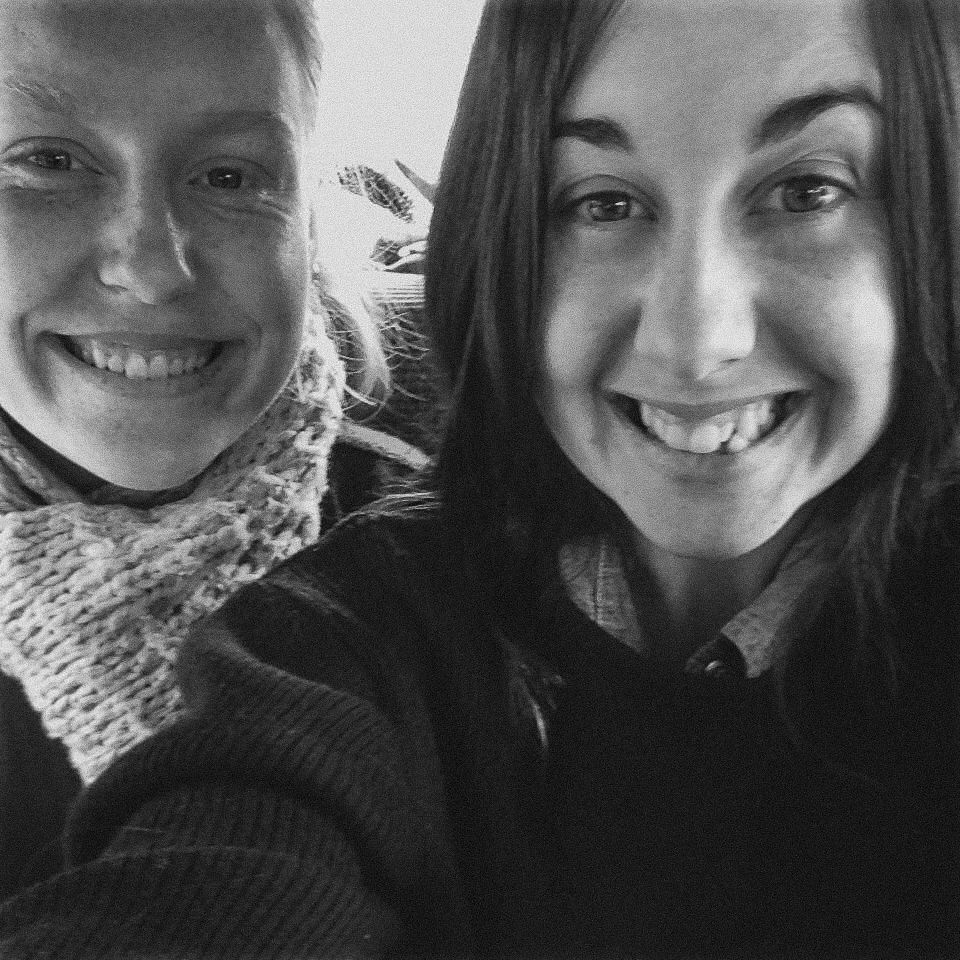
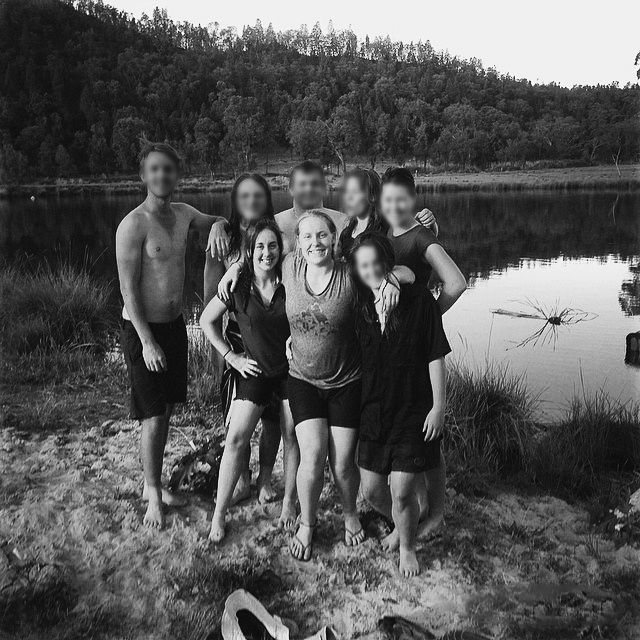
Alex shared her story about why she's decided not to have kids
Alex shared her story about why she's decided not to have kids
“The counsellor asked me ‘when you think of being with a woman, how does your body feel?’”
After moving to Melbourne, Alex became involved with a local church and spent thousands of dollars on conversion therapy in an effort to resolve and suppress her sexuality, hoping it would ‘just go away’.
It was during a session with a counsellor that her life changed dramatically. “The counsellor asked me, ‘When you think of being with a woman, how does your body feel?’”
"Light", I said “and everything in me calmed down”.
Reprogramming the deeply ingrained sexist, racist, and homophobic beliefs took her
several years. She discovered during this
time of transition that a large portion of her desire for children stemmed from her need
to repress herself and her belief that she
needed to be "fixed."
Is the relationship escalator for everyone?

It was during a chat with my friend Joshua Hogan that I was introduced to ‘the relationship escalator’. Josh and I met a few years ago at a business networking breakfast. We got chatting as he was a successful photographer and I was looking to network and gain skills in the industry.
“The relationship escalator”, he said “is that expectation of date, couple, marry, buy a house, and have kids—the trajectory of a very typical couple”. After becoming aware of its existence, he realised how much he inherently disliked the process.
A quick Google search of the term “relationship escalator’ leads me to a Cosmopolitan article and a 2017 book written by Amy Gahran titled ‘Stepping Off the Relationship Escalator’.
The relationship escalator is a theory based on a common set of social conventions in many Western societies that shape intimate relationships. Amy explains that it has become more popular among people who are seeking to explore and talk about the ways traditional relationships and society are evolving.
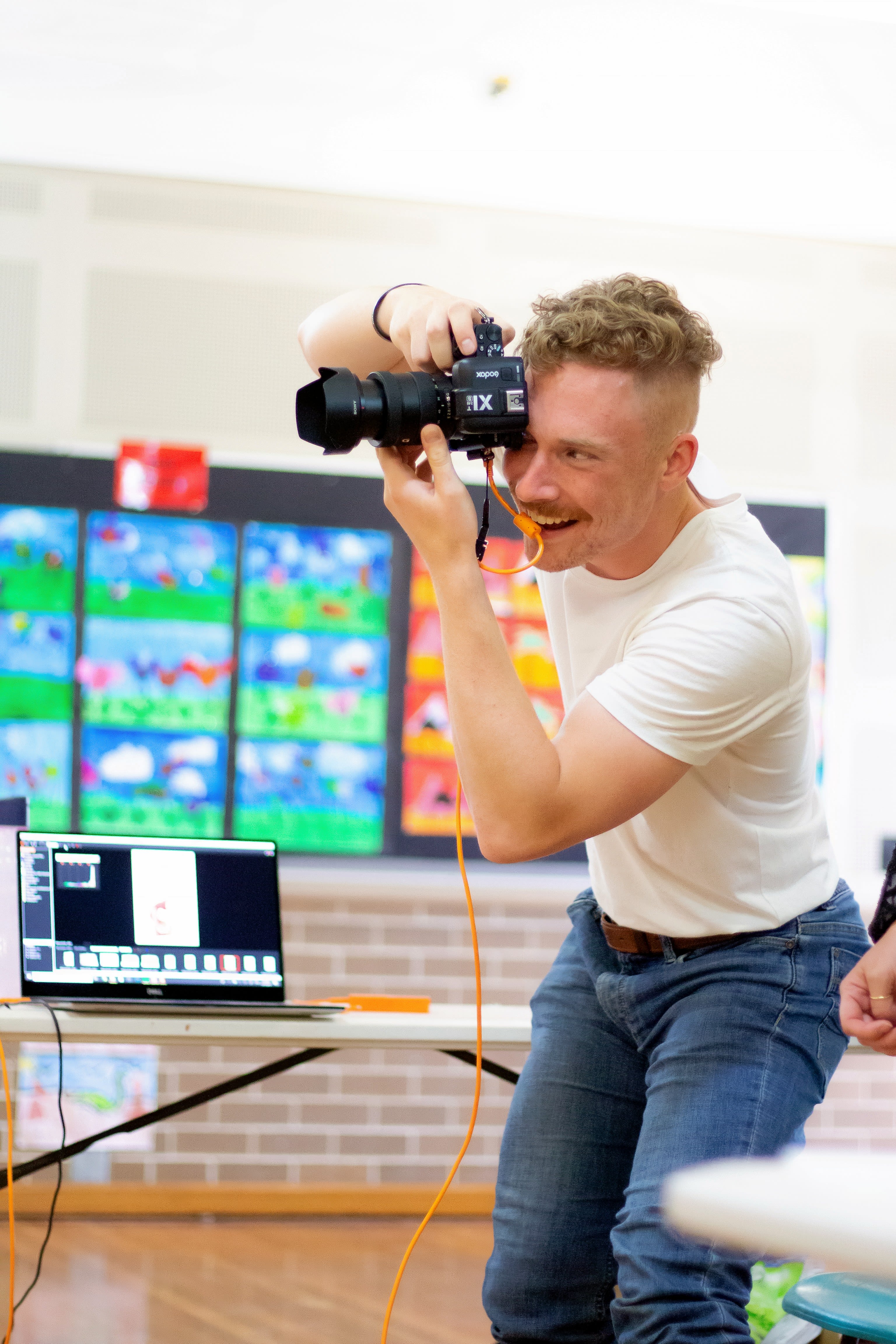
Neurodivergence, unconventional living, and parenthood
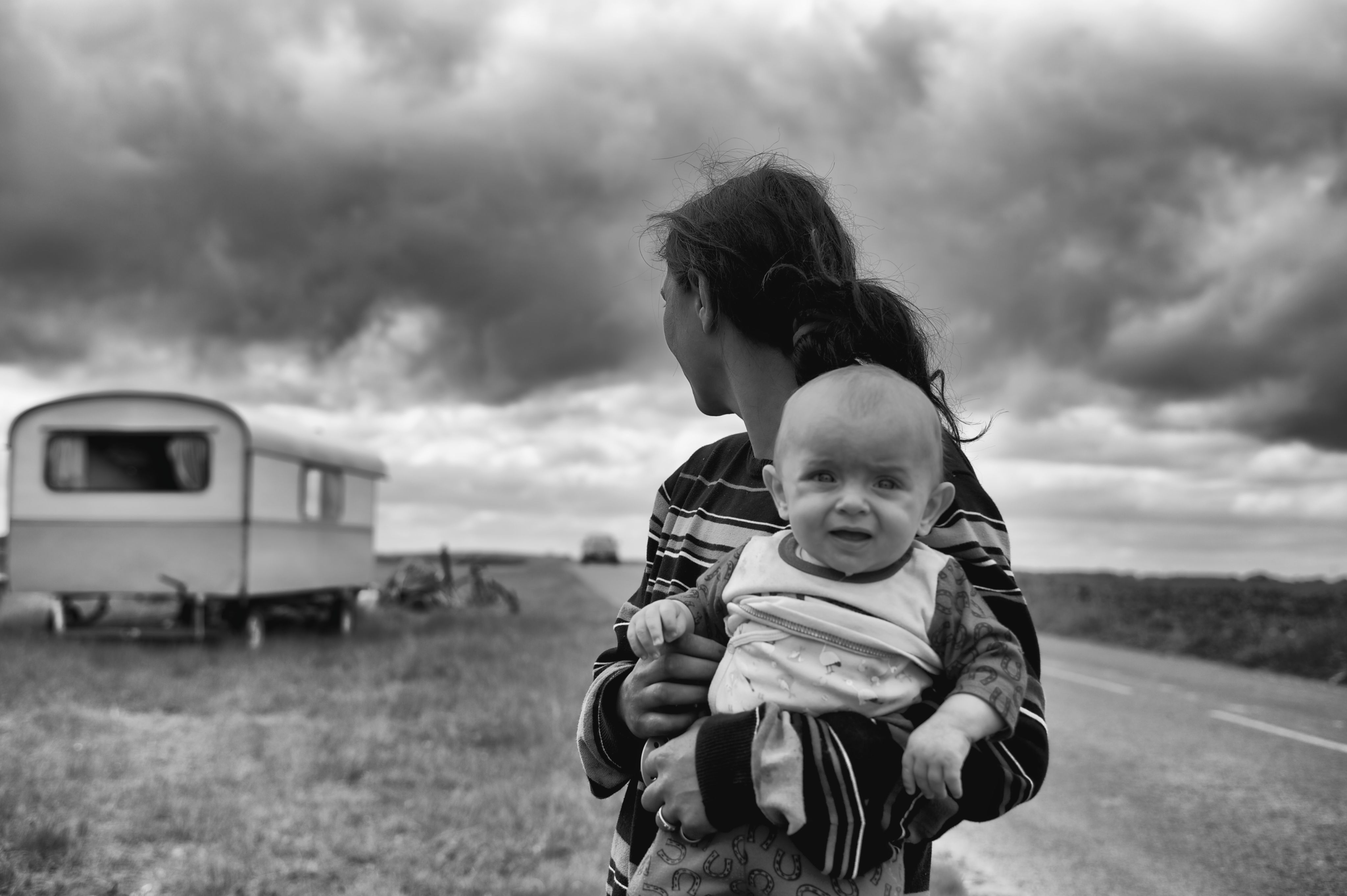
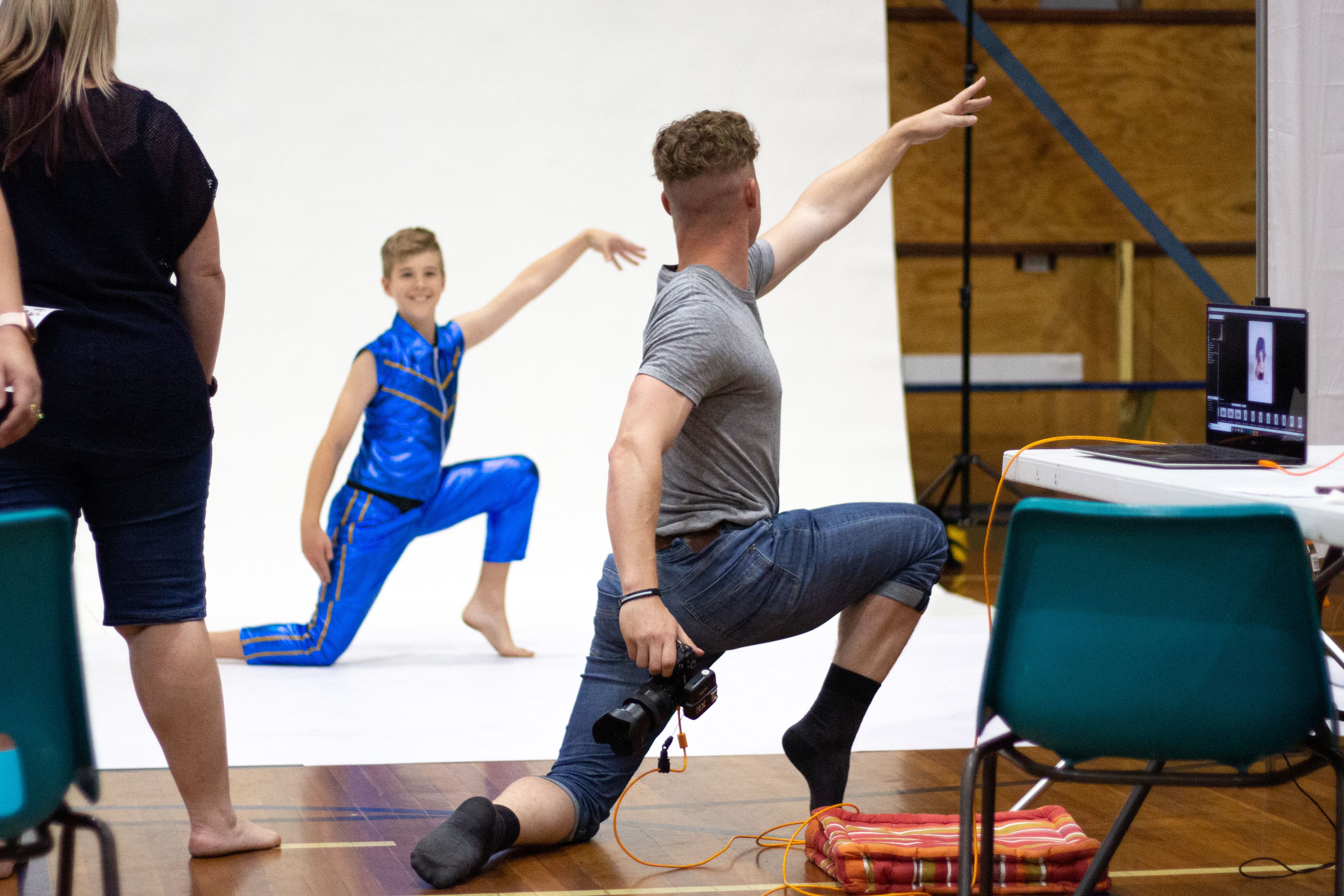
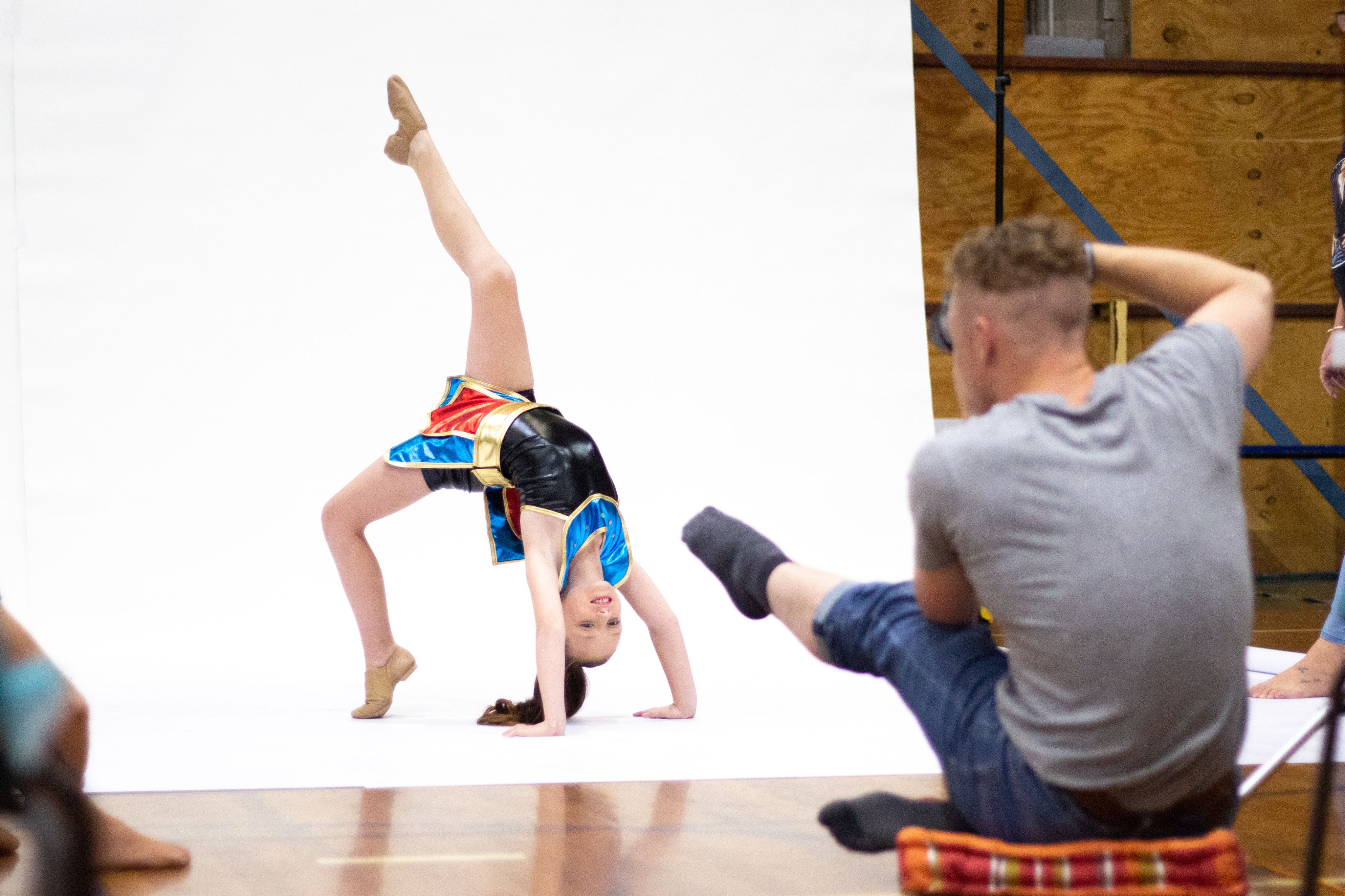
Living with undiagnosed ADHD for most of his life, Josh wondered whether his neurodivergence played a part in his decision not to want kids.
“The overlap between neurodivergence and the queer community is quite strong”, he explains. Though heterosexual, he says many aspects of his life are ‘queer’.
“The way I look is rather left of what you’d expect from a straight guy; my open relationships aren’t super straight in the typical sense, and I think a lot of that bubbles down to my ADHD.
"Living on a quarter-acre block with a grey roof and a three-bedroom house with my loving partner and our two kids, doing the same thing every day, I would melt into a puddle of boredom and stress.
That doesn’t fit me."
Does parenthood guarantee fulfillment?
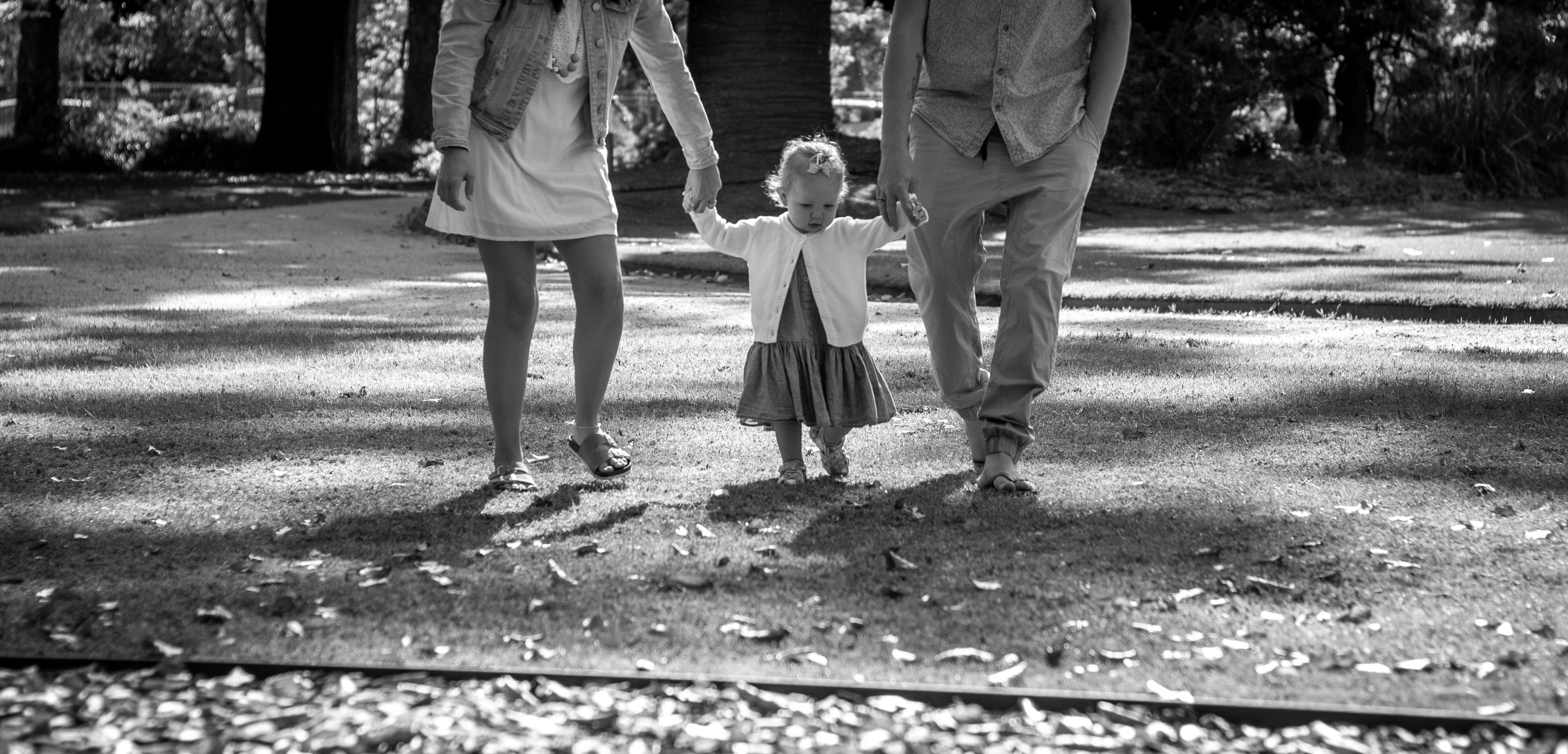
The 2021 Australia Talks survey, a social research project launched by the ABC, found that two in three people who responded said that having kids wasn’t necessary for them to feel fulfilled in life.
This statistic was highest among young women aged 18–29, with around 80 per cent agreeing. 61 per cent of women and 55 per cent of men also agreed that having more kids wouldn’t make them ‘happier’.
“The world we are going to live in when you and I are middle-aged is probably going to be quite uncomfortable unless a lot of things change very quickly, which I don’t think they will. I don’t want a little person being thrust into that,” explained Josh.
Young people face an uncertain future, as Sophie Jagger's article on The Junction sums up, and are not afraid to adjust their plans when facing obstructions.
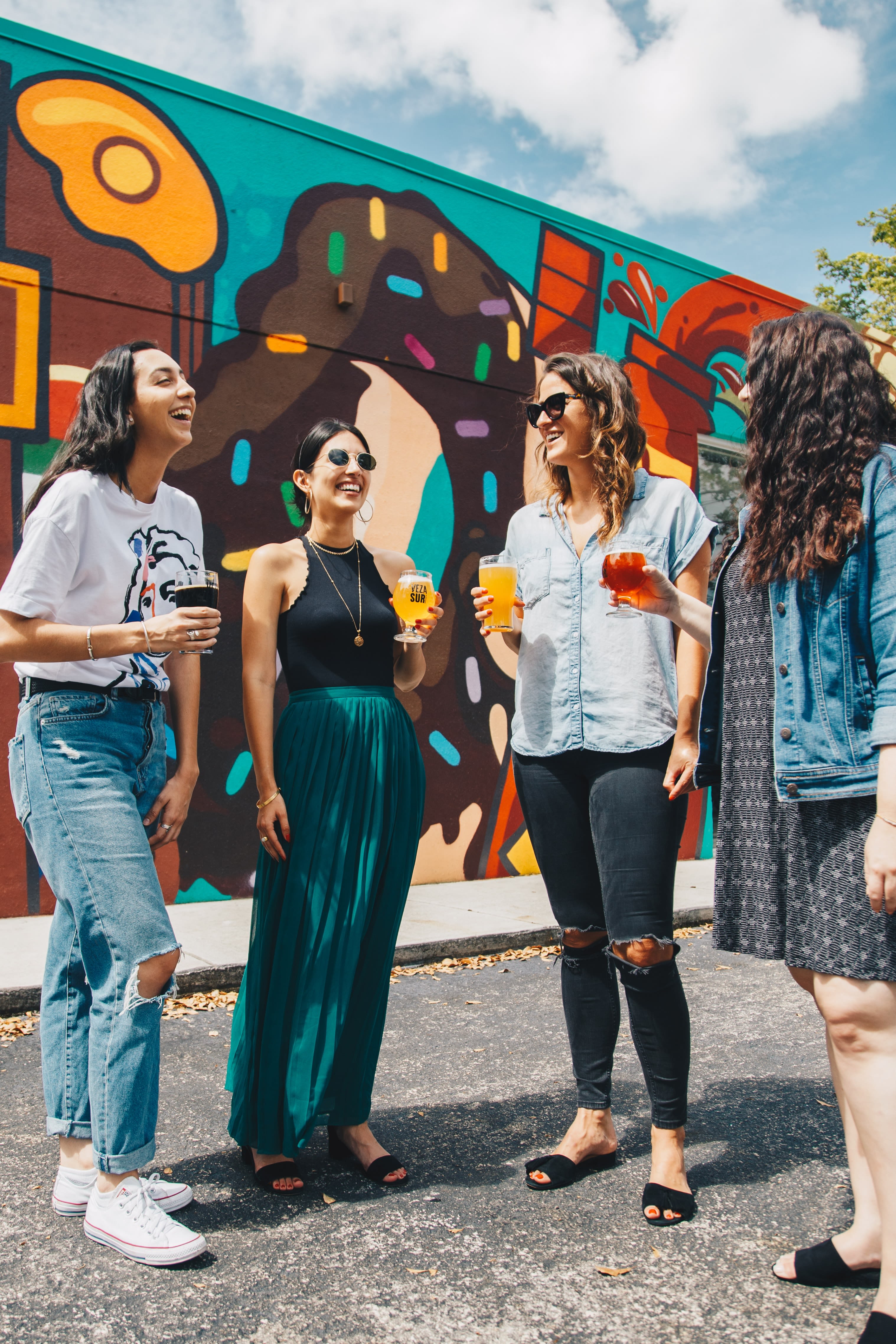
Breaking away from the ‘big family’ mindset
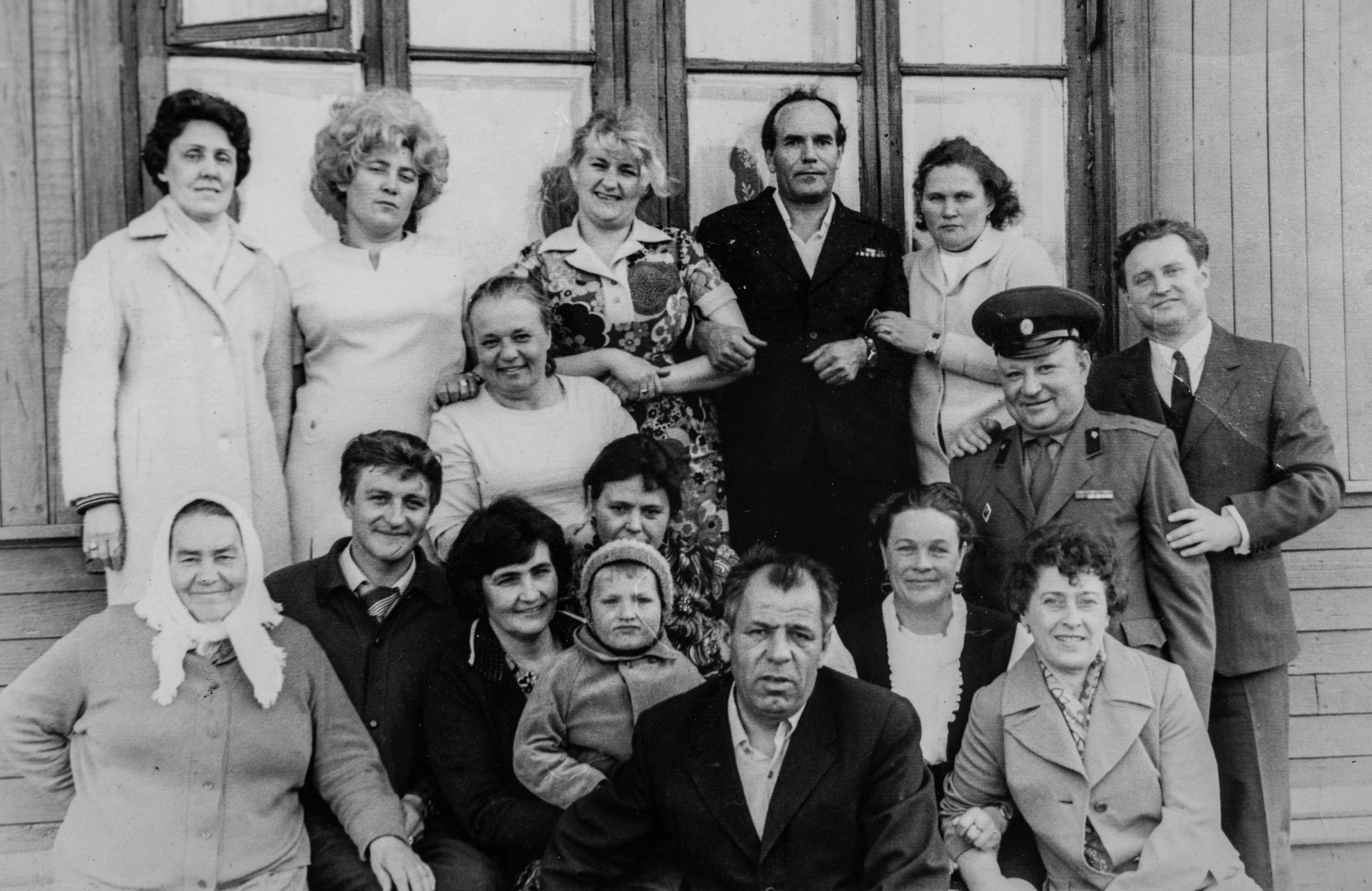
I chat with Kai as he opens up about his childhood and his thoughts about having kids in the future.
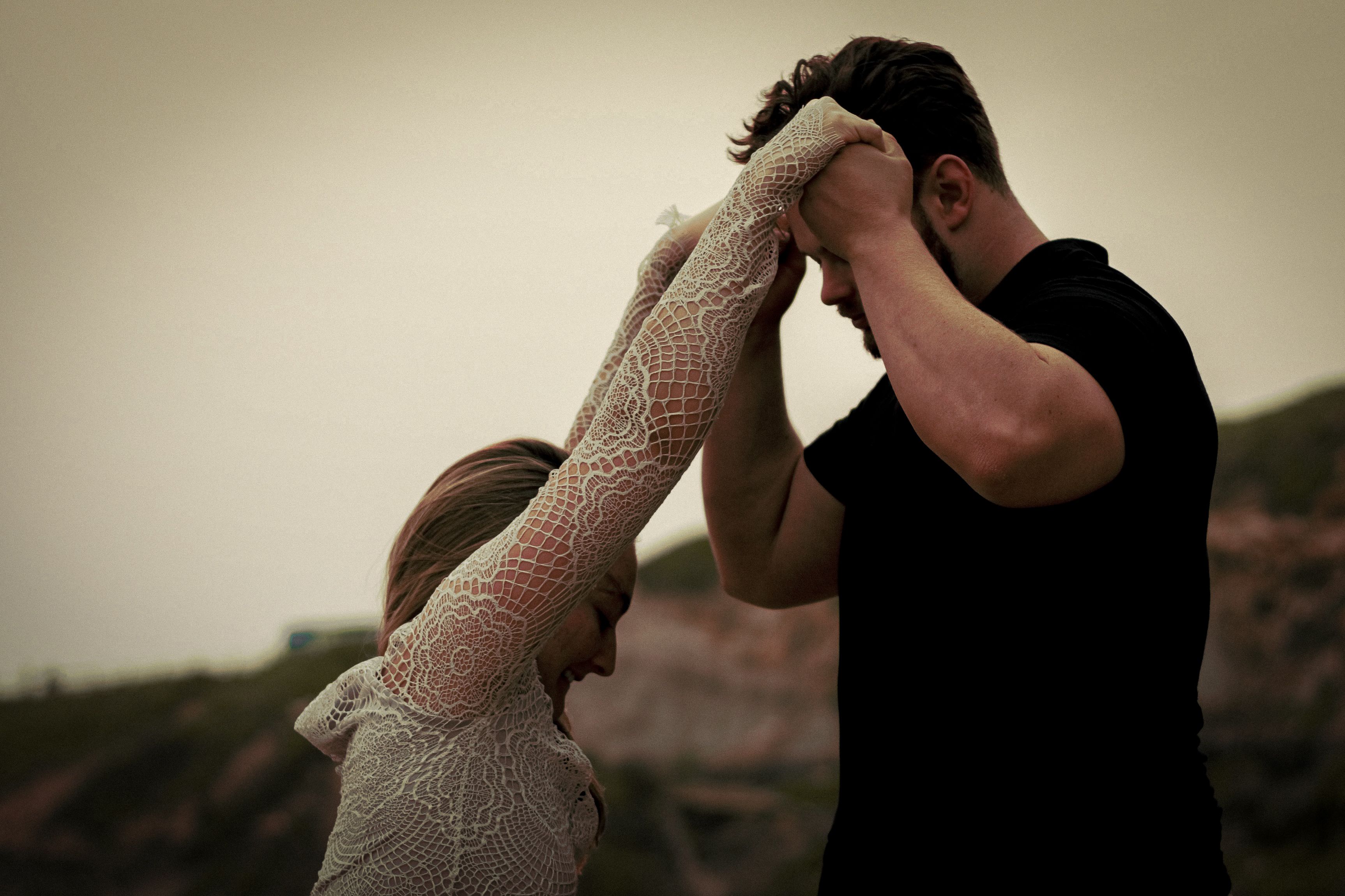
It was only a few years ago that Emma explained she had an epiphany, realising she doesn’t HAVE to have kids, which was a pretty big realisation for her.
Growing up with five brothers, her family was connected to many big families. “That’s just the thing; as a woman, you grow up, find a partner, get married, and have kids” Emma explained.
Feeling relieved and curious, it was a whole area of her life she hadn’t explored or even thought about. It was around this time that Emma and her then-boyfriend Kai began discussing whether kids were something they could see in their future together.
Due to circumstances growing up, Kai never felt the desire to become a father. Similar to myself, he believed that the feeling of wanting kids would just come about when the time was right, but it hasn’t.
Racing against a fictional clock
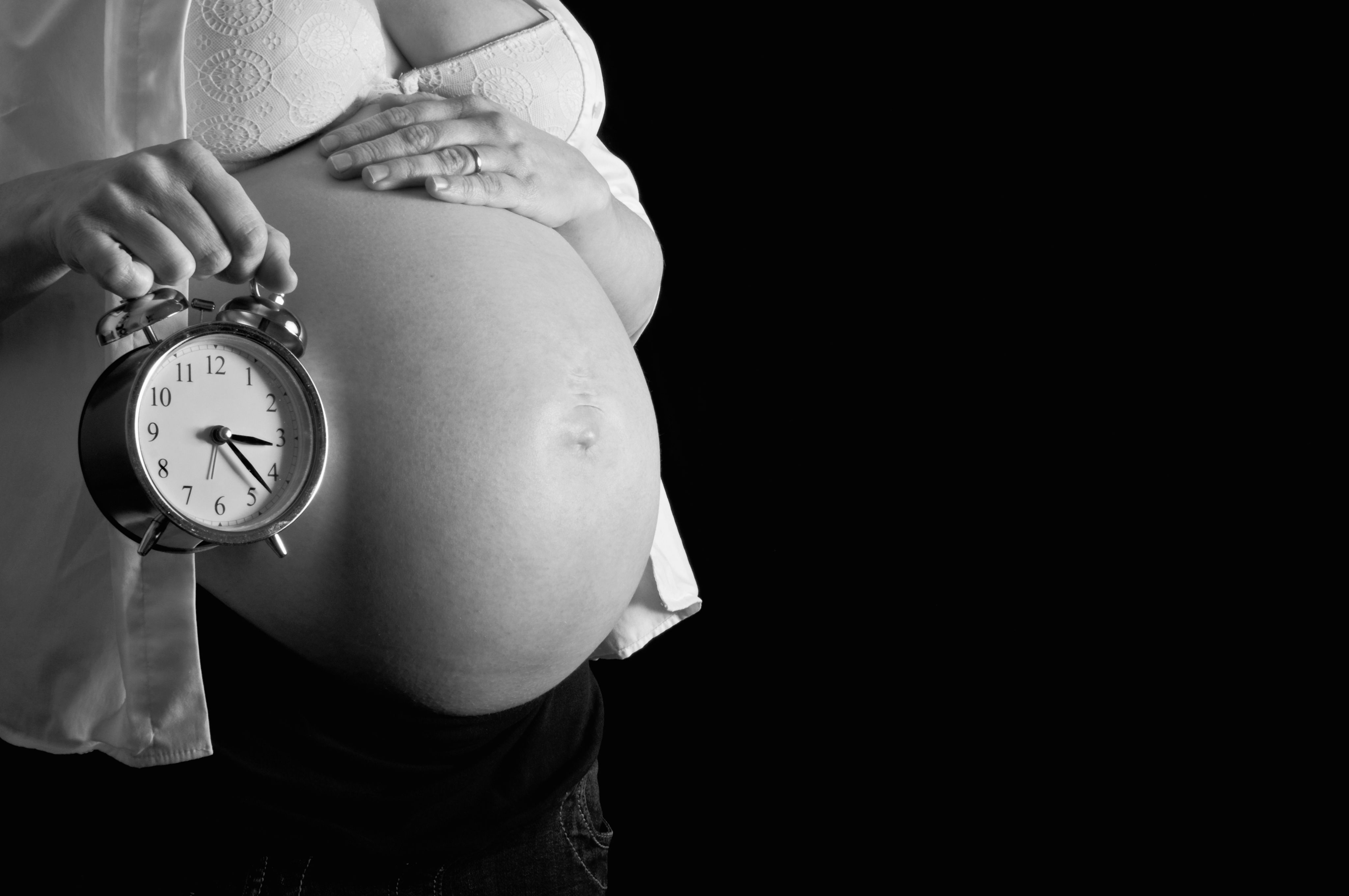
Just last year after a close friend of Emma’s gave birth, it was evident that the conversation around kids wasn’t over.
“All of a sudden, my body was like we needed a baby right now. I’m saying I want a kid, and Kai is saying he doesn’t want to have a kid. We had been married for two years at this point, and I was like, What on earth is going on?”
Though having ‘the conversation’ while dating, they realised they had come away with different understandings of what that looked like.
Describing it as one of the biggest challenges in their relationship, they had some significant conversations together and sought guidance from mentors.
After a recent flare-up with her chronic fatigue, Emma began wondering if she was able to put herself in the position of being exhausted and unwell all the time with a child while putting more responsibility on Kai.
“I spent most of my childhood with my mum being really sick, spending days in bed, and that was really hard. Whether that was her mental health or illness with cancer I just don’t want to do that to a kid”.
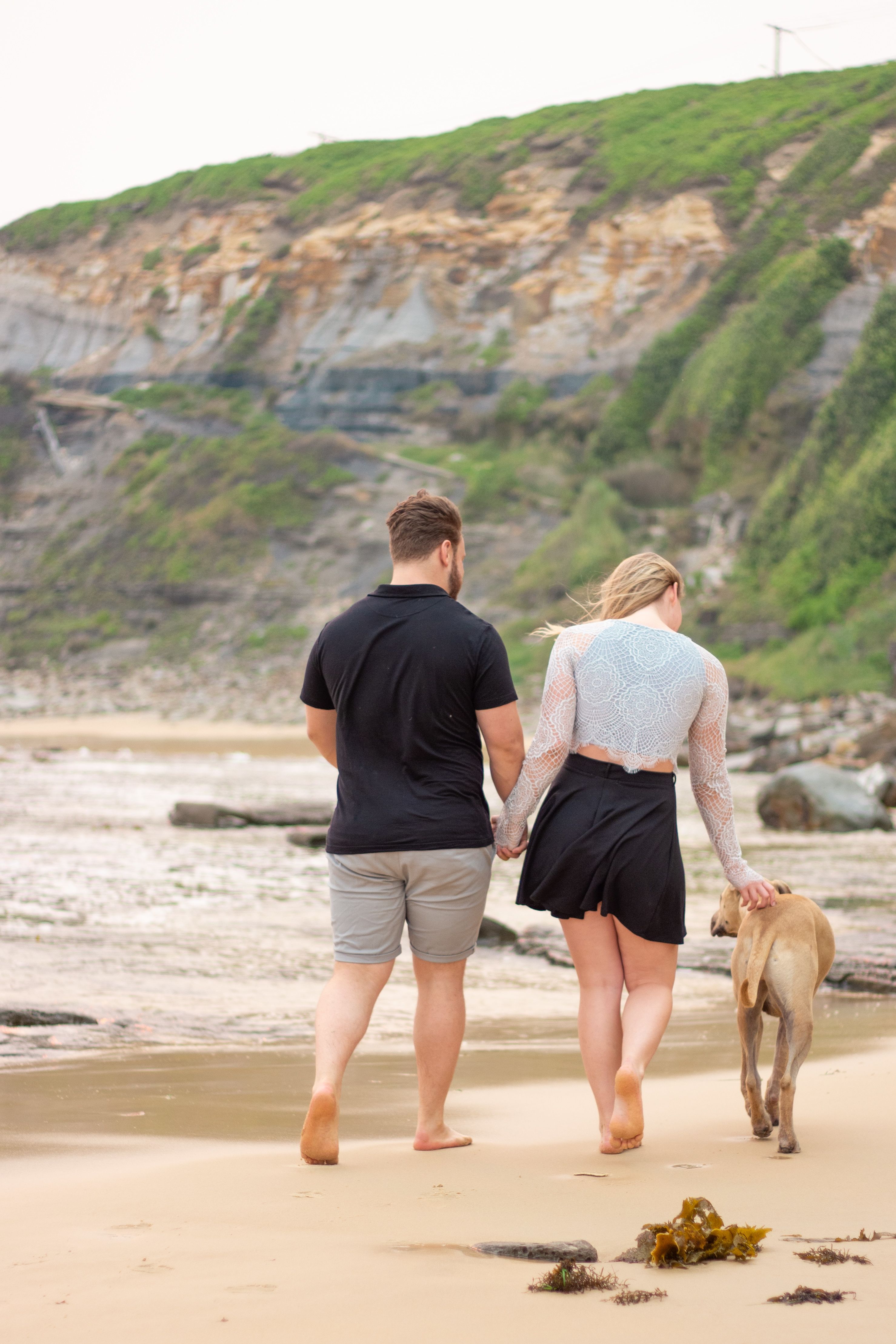
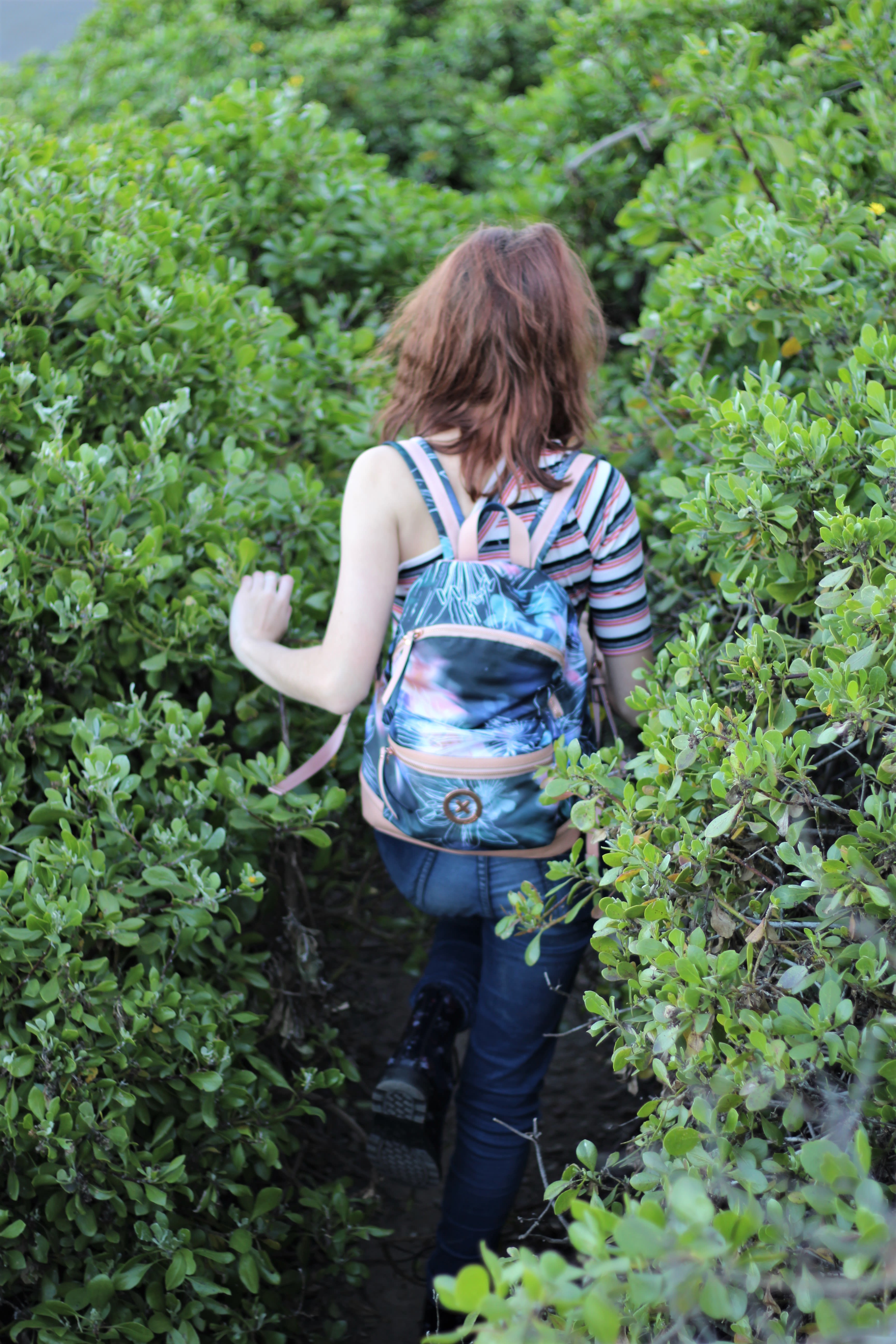
Like Emma and Kai, the choice to have children doesn’t come easy, and many factors influence a person’s decision, including their upbringing, timing, and health.
I met Thea while at university; like me, she was also born in a small town. Growing up in Port Macquarie, she spoke about the narrow-minded views of her family.
“They haven’t gone out and experienced life or travelled; they’ve just met people from school, had babies, and stayed in their hometown.”
She talks about the expectation put upon her by her mum to make her a grandma, not just because she wanted grandkids but because of some unspoken competition over who could become a grandparent first.
“When she spoke to family friends', she’d make comments like ‘oh, you’re going to be a grandmother before me’. I don’t think she ever thought about how I felt or what situation I was in financially or emotionally”.
You’re being selfish!
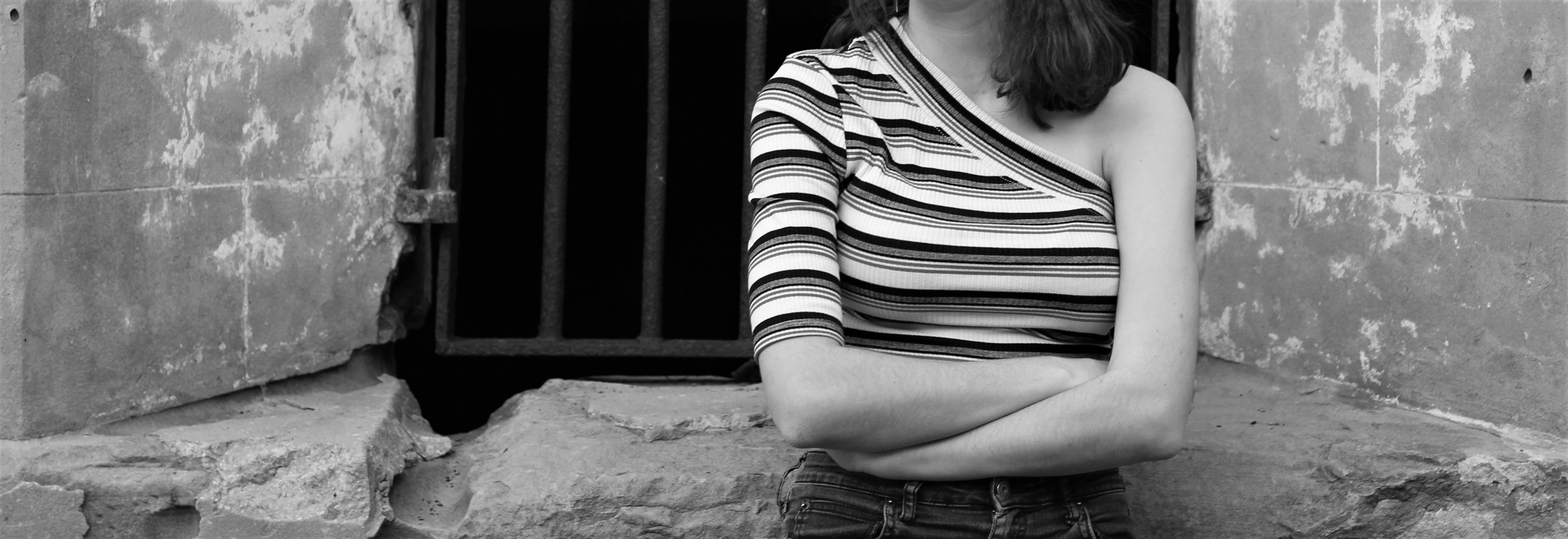
While at a wedding recently, a friend’s father-in-law asked Kai if he had any kids. Being into star signs and ‘understanding people’ he remarked “You will be a really good dad; it’d be selfish if you don’t”.
I asked Josh if he had ever encountered a comment like this as an unmarried male, but he hadn’t.
“The distinguished bachelor is an archetype,” he said. "A single dude in his twenties is killing it, whereas a single girl in her twenties is withering on the vine."
The idea that it’s okay for single men to get old and live a single life as long as they're happy while women get looked down on as though they’re wasting potential is an appalling idea still forced on women today.
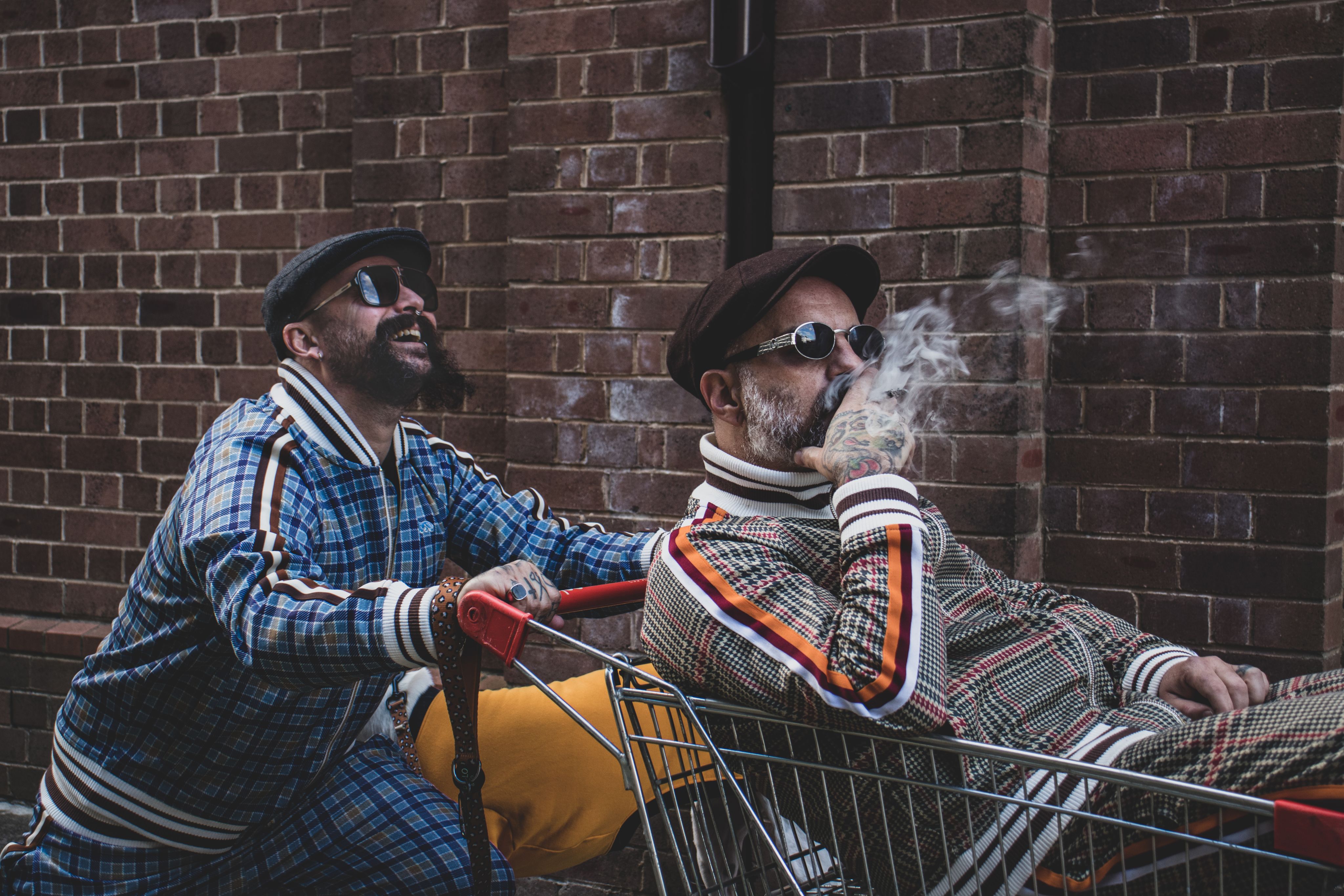
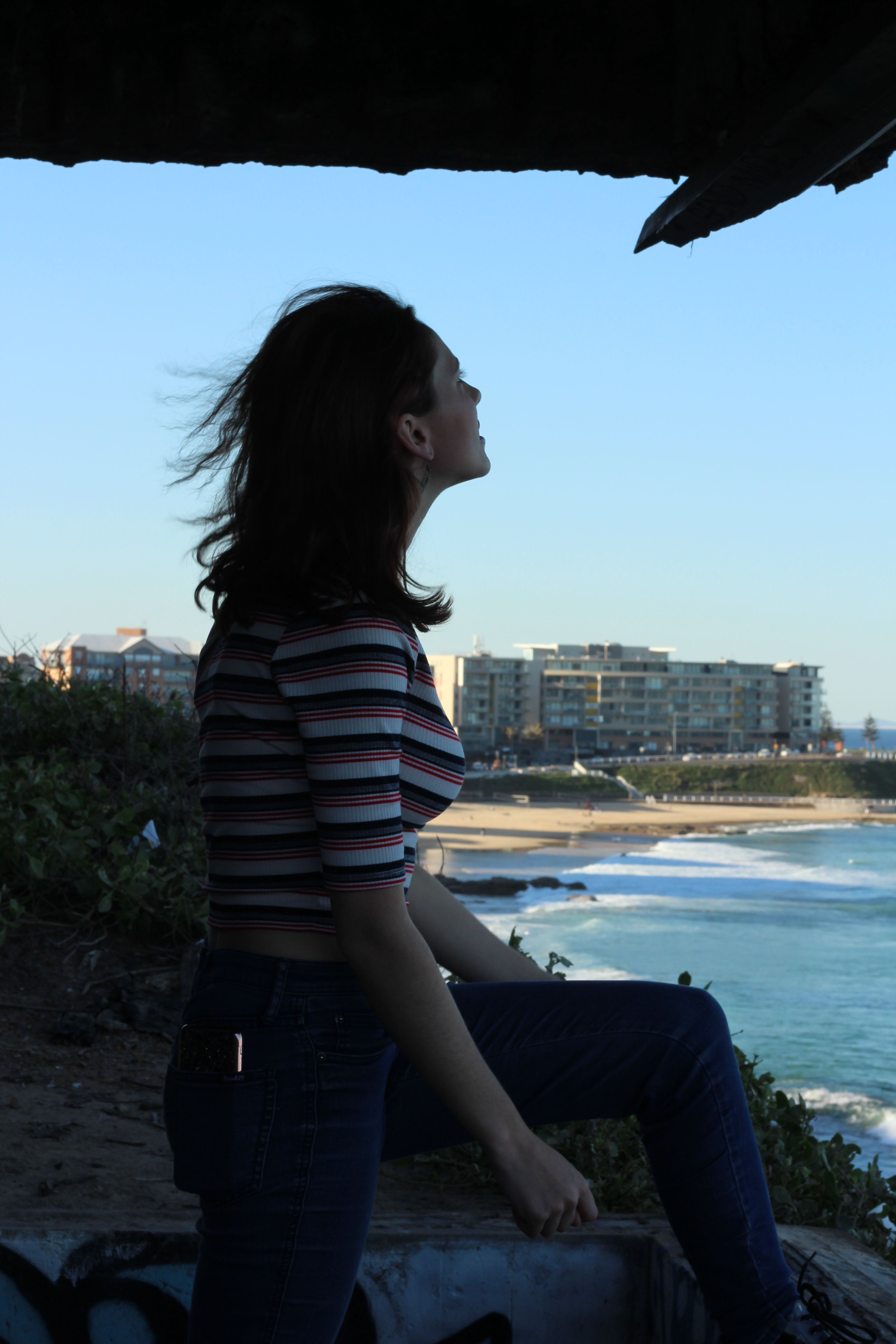
"That’s selfish, I’m not being selfish for not wanting kids with him, that’s selfish for imposing and enforcing that on me".
During a long-term relationship, Thea experienced the same expectations from her then-partner. Early in their relationship, he sat her down and said, It’s time we take the next step. “It sounded rehearsed like he had a checklist ticking off each step we were meant to be at in our relationship”, she said.
One day, out of the blue, he told her, "If you’re not pregnant by the end of the year, I’m leaving", and the penny just dropped. “Why wait?”, she told him.
When the relationship ended, the future and expectations her mum envisioned for her also came crashing down. “She managed to make everything about her and how she was feeling. She didn't even ask if I was okay”.
Josh directed me to a stand-up skit by Ricky Gervais that touched on the idea of ‘being selfish’ if choosing not to have kids. “It just doesn’t make any sense”, he said. “Each person is a burden on the systems that don’t really exist very well; it doesn’t help to have another mouth to feed”.
Ricky Gervais - The reason Ricky won't have kids (contains strong language)
Everyone has a story
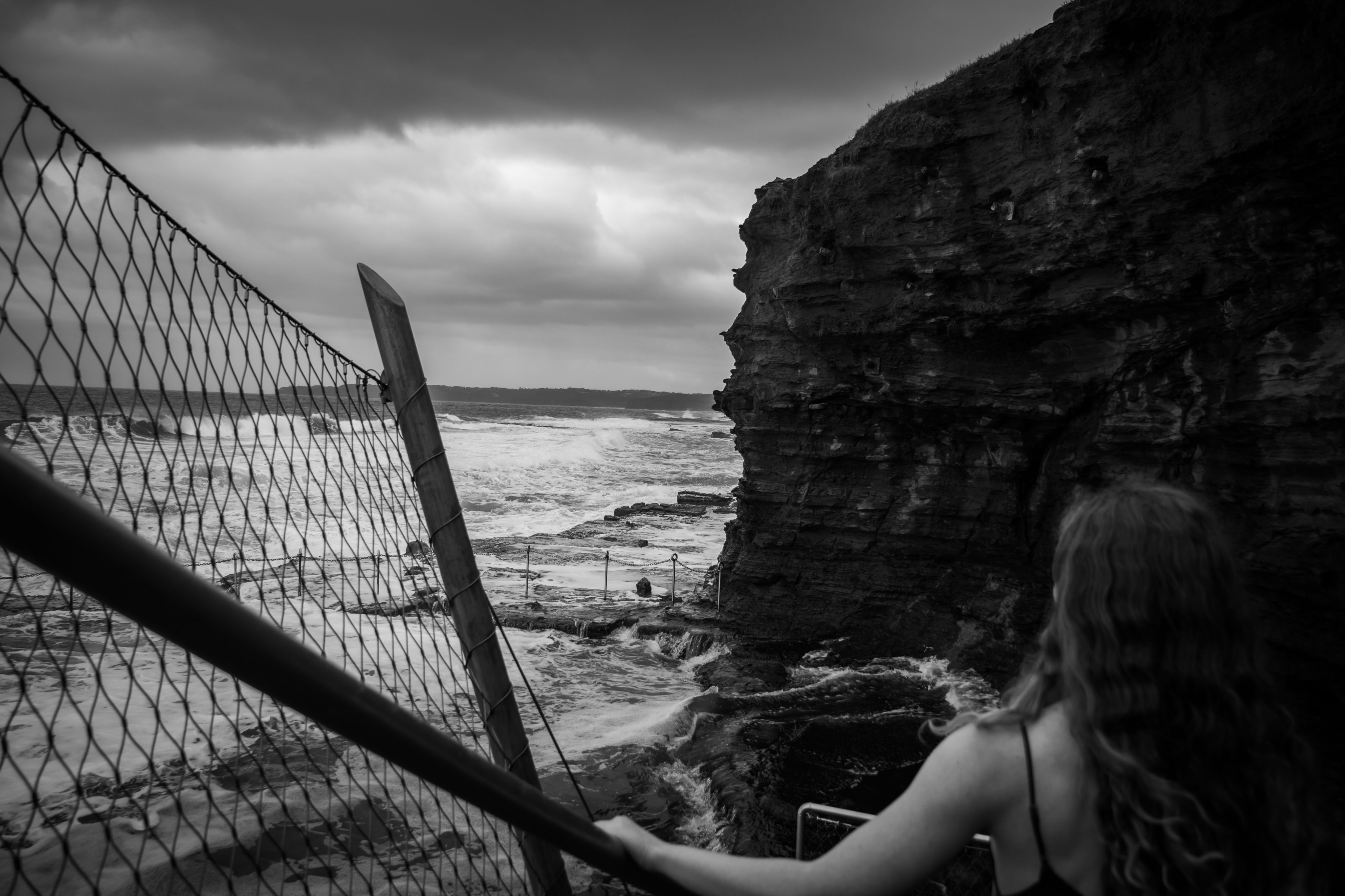
As a teenager, she always envisioned herself as not needing a partner to meet that traditional family expectation, knowing she could and would do it by herself if she had to.
It wasn’t long after her breakup that she met her now-husband, Jason. “I thought, I want to create a family with this person because he’s my person”.
Like Kai, Jason had a tumultuous upbringing. "He wants to build something that he didn’t have growing up—a family he could love and that would love him back", Thea said.
After unsuccessfully trying to conceive, Thea and Jason are now going through the process of IVF. Though still young, Thea has been the victim of unnecessary remarks about her 'body clock running out', so they've decided to keep it a secret.
"People don't realise what's going on in the background. Some of us are trying to fall pregnant; others don't want to and many have been told they can't. Sometimes it's just better to keep your thoughts to yourself."
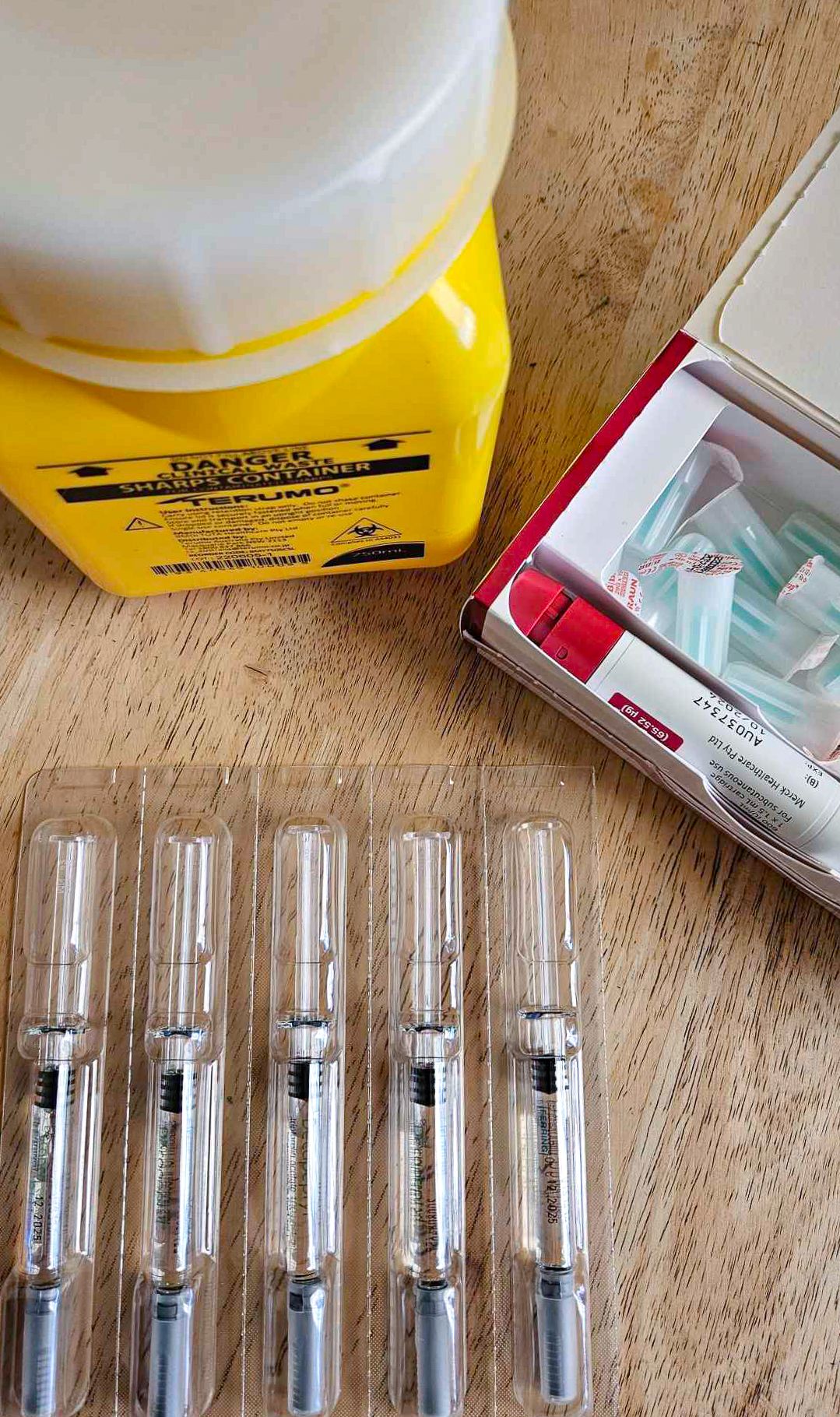
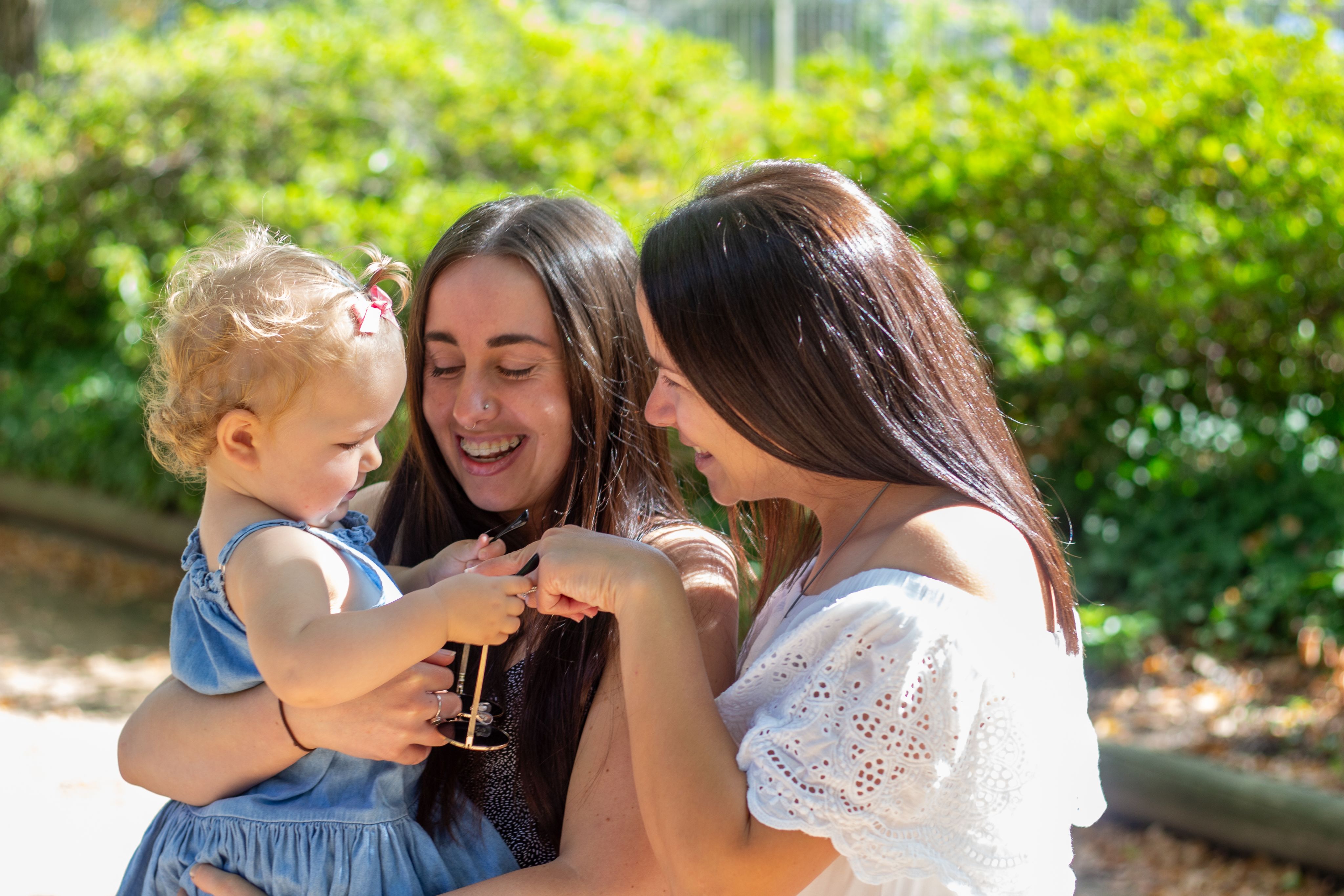
So, where do I stand on my decision to have kids now? I'll be honest, it terrifies me, and I know I'm not alone in this thinking. After our interview, I received a message from Josh saying he had just walked past a group of girls and overheard one of them saying "I really want kids but I'm just scared." I hear you, girl!
The physical and mental changes within my body and the drastic lifestyle changes aren't enticing. If you factor in my PCOS diagnosis, conceiving naturally or without complications is slim.
But like many things in my life, I like to keep an open mind. Presently, I am in a good place, I have an amazing partner, I love my job, and I'm halfway through my communications degree. Though right now isn't the time for me, one day it might be. Either way, I won't be pressured by anyone who thinks they should make that decision for me.
